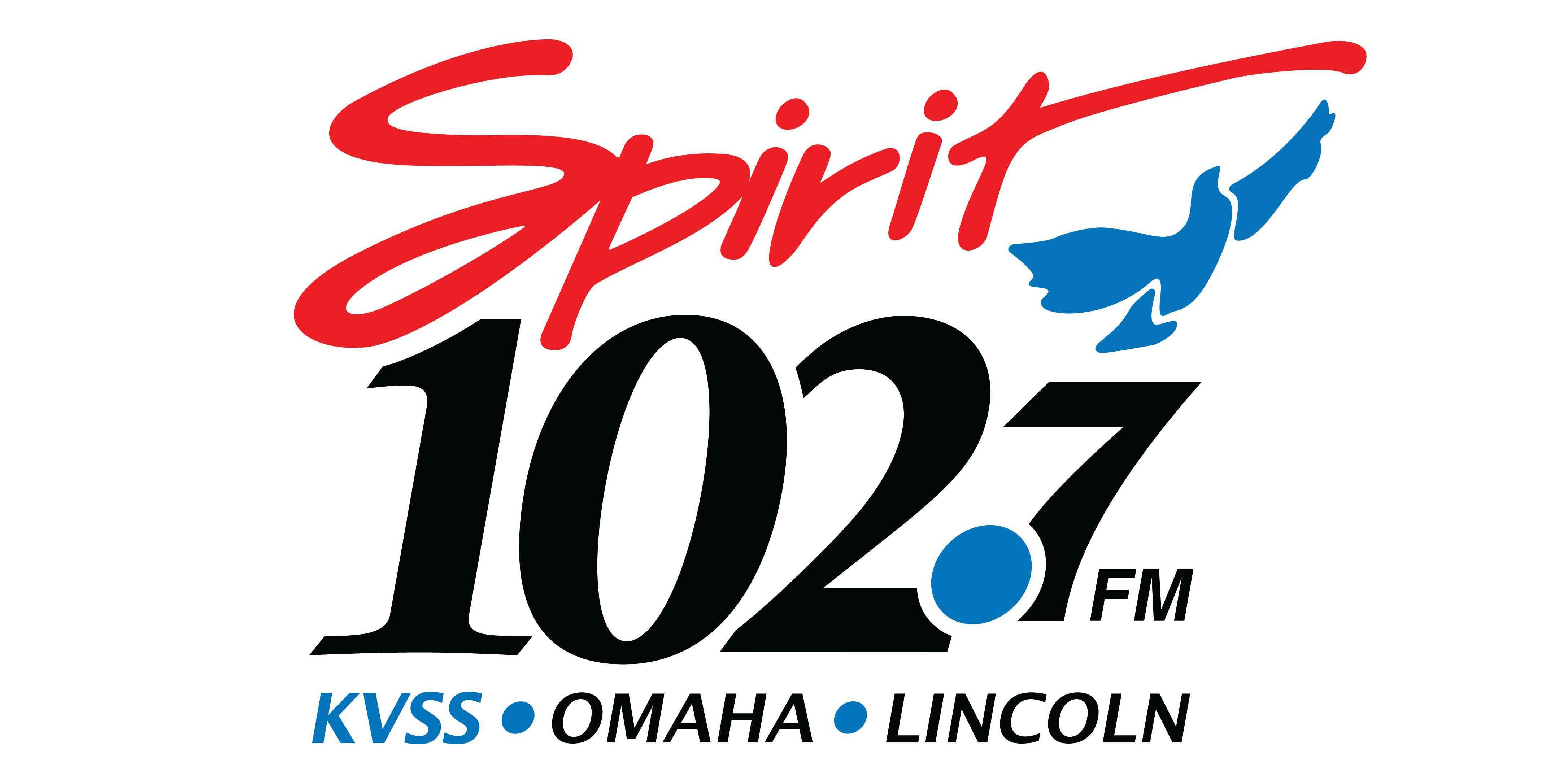Last Friday, State Senator Joni Albrecht of District 17 (representing Wayne, Dakota, and Thurston counties) introduced a bill in the Legislature that would give mothers who have begun the abortion pill process a second chance at choosing life. This life-saving legislation will be a key priority for the Nebraska Catholic Conference this legislative session—we hope you join us as advocates on behalf of abortion-minded mothers and unborn children.
The Miracle of Zechariah. February 13, 2013: Rebekah Hagan was 19 years old, the mother of an 11-month old son, and pregnant again. The pregnancy was unexpected, unplanned, and at the time, unwanted.
While Rebekah considered herself relatively pro-life, she was in a bind. She was caught in an abusive relationship. And having a second child would strain her living situation with her parents.
Seeing no other option, Rebekah sought an abortion. After failing to keep a couple appointments for an abortion, Rebekah finally began the medication abortion process (also known as the abortion pill), consisting of a two-pill regimen (mifepristone and misoprostol). It was March 13 and Rebekah was 8 weeks pregnant.
Rebekah consumed the first pill (mifepristone) which acts as a progesterone-receptor blocker, creating a hostile uterine environment for the unborn child. She was then instructed to take the second pill (misoprostol) 24 to 48 hours later, which produces contractions to dispel the unborn child, who, by that time would have died. Rebekah was to take the second pill at home on her older son’s first birthday—on the day she would celebrate the birth of one child, she would terminate the life of another.
Returning to her car from the Planned Parenthood facility, Rebekah immediately felt regret, shame, and remorse.
She frantically Googled what to do if she had taken the first pill but didn’t want to take the second pill. After first seeing many website entries from mothers telling her she had to go through with the second pill, she finally found a website about abortion pill reversal.
The website led her to a local pregnancy resource center, which then connected her to a doctor who would begin to reverse her abortion. Within 24 hours, Rebekah started a high-dose progesterone regimen to get her body’s progesterone levels back to normal, creating a healthy uterine environment for her unborn child—outcompeting and reversing the mifepristone.
A week later, Planned Parenthood called Rebekah to ask why she had not returned for a follow-up ultrasound to determine whether her fetus—as they referred to it—had been successfully removed. Rebekah shared that she changed her mind and started the abortion pill reversal process. The director of the Planned Parenthood facility told her the abortion pill reversal process was risky, likely wouldn’t work, and could led to her child being deformed.
On October 20, Rebekah gave birth to her second, healthy son, Zechariah.
Today, Zechariah is 5 years old and attends kindergarten. He loves his brother, Elijah, and loves to dance to “Uptown Funk” by Bruno Mars. As Rebekah shares: “He is everything he was never supposed to be, and every day I wake up so grateful for my second chance at choice.”
LB209 Introduced. Last week, Rebekah shared her courageous story to news media outlets across Nebraska at a press conference announcing the introduction of LB209. Sen. Albrecht introduced the legislation because she “believes that every woman deserves to be given all the information she needs to make a truly informed decision, including how to find out if she changes her mind about the medication abortion.”
LB209 would amend the already existing “informed consent” statutes related to abortion. These statutes ensure that abortionists give mothers critical information they need before they consent to an abortion, such as the fact that fathers are liable for child support, the size and development of the child, and the opportunity to view an ultrasound. LB209 would require an abortionist to tell a mother that if she changes her mind about the abortion pill process, she can find information about the abortion pill reversal process at the Department of Health and Human Services website.
This legislation is important because, as Rebekah testified, mothers are not told by abortionists that reversal is a possibility, or how to find information about the abortion pill reversal process. They are left in the dark, thinking that the moment they begin the abortion pill process, their fate and the fate of their child has already been determined. If they offer anything, it is usually misinformation about the effect and safety of the process, as Rebekah experienced.
In the last 15 years, the abortion pill has gone from being used in less than 5% of abortions to consisting of 55% of all abortions in Nebraska. As this method of taking the life of unborn children continues to rise, it is imperative to ensure mothers are given the information they need to save the life of their unborn child and have a “second chance at choice.” This “second chance” is real. As recent studies have shown, the unborn child’s chance at survival rises from just 25%—should the mother take the first pill and do nothing else—to 64-68% if she quickly begins the best reversal protocols with a trained doctor or nurse practitioner.
As this legislative session begins and progresses, your voice will be needed to advance LB209 through the legislative process and be signed into law. Visit www.necatholic.org/advocate to sign up for our network and to receive important updates about this bill. You can even start advocating now by contacting your state senator and let them know that LB209 is and will be an important legislative bill you want passed this legislative session. Today is the time to answer Saint Pope John Paul II’s call “to be truly a people at the service of life.”







